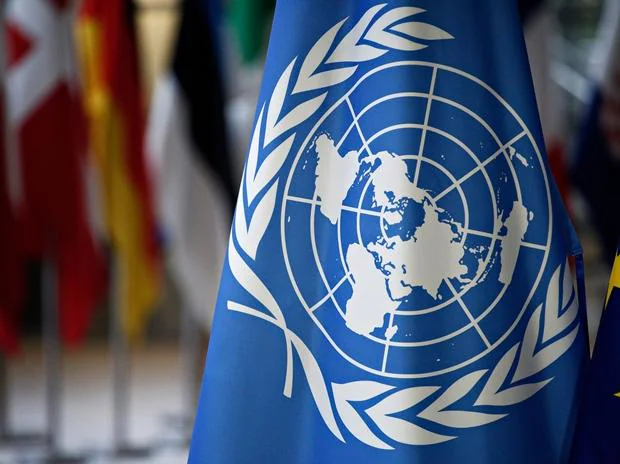[ad_1]
According to a United Nations (UN) report, eighty-four per cent of nearly $1 trillion of global investment in energy transition technologies in 2021 was deployed in China, India, Japan, the US and Europe.
The findings were presented in the third brief of the Global Crisis Response Group (GCRG) on Food, Energy and Finance, which was released by UN Secretary-General António Guterres and UNCTAD Secretary-General Rebeca Grynspan on Wednesday.
The report mentions that $4 trillion-$6 trillion in annual investments will be required until 2030 to ensure equitable renewable energy transition. However, since 2017, annual global energy-related investments have been $2 trillion-$2.5 trillion. Moreover, these investments are concentrated in China, India, Japan, the US and Europe.
Findings reveal that the Covid-19 pandemic further widened this gap as advanced economies deployed recovery packages with renewable energy targets. In other countries, such as the Democratic Republic of the Congo, Niger, Nigeria and Pakistan, the number of people without access to energy increased.
The report also mentions that the World Food Programme estimates that 345 million people will be acutely food insecure in 2022 across 82 countries due to the lingering effects of Covid-19 and the continuing Russian-Ukraine crisis. This will mean an increase of 47 million acutely hungry people.
Despite the recent fall in commodity prices on account of bumper crops in Australia, Canada, Russia and the US, as well as due to the optimism on account of the signing of the agreement among Russia, Turkey and Ukraine, commodity prices remain high. The resulting cost-of-living crisis increased the number of people who couldn’t afford a minimally nutritious and healthy diet. Even before the outbreak of the war in Ukraine, the number of chronically undernourished people had already grown by about 150 million since 2019, with up to 828 million people in 2021.
As citizens in many countries begin to grapple with the cost-of-living crisis, an intensification of social protests and riots has been recorded.
Global energy market at the crossroads
The report also mentions that the twin blows dealt by the pandemic and the war in Ukraine have also gripped the world in a major energy crisis. This has impacted hard-won gains in providing access to energy and reducing energy poverty, thus leading to a “scramble for [fossil] fuel”. This makes meeting the targets under the Paris Agreement of not exceeding a global rise of 1.5 degrees Celsius above pre-industrial temperatures difficult.
Thus, energy policy measures must balance the need for urgency and long-term sustainable development. It calls upon governments to take various measures like reducing demand in developed countries by nudging behavioural changes such as turning down cooling and heating temperatures and reducing air travel, while it calls upon governments in developing countries to identify and target vulnerable people.
The report stresses the need to double down on renewable energy sources to achieve the net-zero goal, tackle energy poverty and boost and diversify the global energy mix. According to an International Renewable Energy Agency report in 2021, over two-thirds of newly installed renewable energy power was cheaper than the cheapest fossil fuel alternative in member countries of the Group of 20.
Highlighting the challenges, it calls for a stable policy environment, providing long-term revenue certainty and a transparent grant of permits. It also calls for governments to invest in the labour skills required to support a large-scale deployment of renewable energy technologies.
 Dear Reader,
Dear Reader,
Business Standard has always strived hard to provide up-to-date information and commentary on developments that are of interest to you and have wider political and economic implications for the country and the world. Your encouragement and constant feedback on how to improve our offering have only made our resolve and commitment to these ideals stronger. Even during these difficult times arising out of Covid-19, we continue to remain committed to keeping you informed and updated with credible news, authoritative views and incisive commentary on topical issues of relevance.
We, however, have a request.
As we battle the economic impact of the pandemic, we need your support even more, so that we can continue to offer you more quality content. Our subscription model has seen an encouraging response from many of you, who have subscribed to our online content. More subscription to our online content can only help us achieve the goals of offering you even better and more relevant content. We believe in free, fair and credible journalism. Your support through more subscriptions can help us practise the journalism to which we are committed.
Support quality journalism and subscribe to Business Standard.
Digital Editor
[ad_2]
Source link








